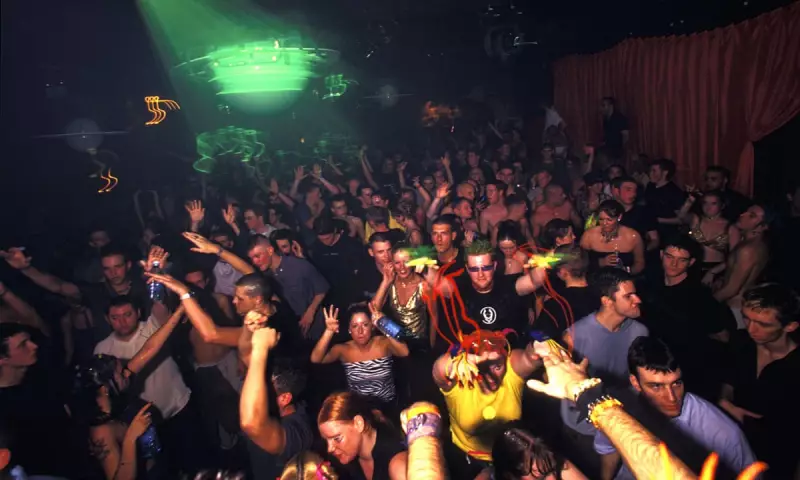
Across the United Kingdom, a silent crisis is unfolding. The vibrant, beating heart of local communities—the pubs that host live bands, the clubs that launch new genres, the late-night spaces where memories are forged—is being systematically silenced. This isn't just a story of a few businesses closing; it's a widespread erosion of the nation's cultural fabric.
A Nationwide Trend of Cultural Loss
From the once-thriving northern hubs to the creative corners of London, venues are shutting their doors at an alarming rate. The causes are a perfect storm of financial pressures: soaring energy bills, crippling business rates, and the lingering aftershocks of the pandemic. For many, the economic equation of running a late-night venue no longer adds up.
More Than Just a Night Out
These spaces are far more than just places to drink and dance. They are the essential incubators for British musical talent—the very ecosystems where global superstars often take their first steps. Their disappearance doesn't just mean fewer nights out; it threatens the entire pipeline of the UK's world-renowned music industry, from rock and indie to electronic and grime.
The Human Impact: Communities Left in the Quiet
Beyond the music, these closures represent a profound loss of social capital. They are where people connect, where subcultures thrive, and where a sense of local identity is cemented. The loss of a beloved venue creates a void that is rarely filled, leaving towns quieter and communities more fragmented.
A Call to Action: Documenting the Disappearance
To fully grasp the scale of this issue, documentation is key. By mapping the closures and sharing stories of lost venues, a clearer picture emerges—one that can hopefully spur action from policymakers, local councils, and the public to protect what remains of the UK's iconic nightlife.





